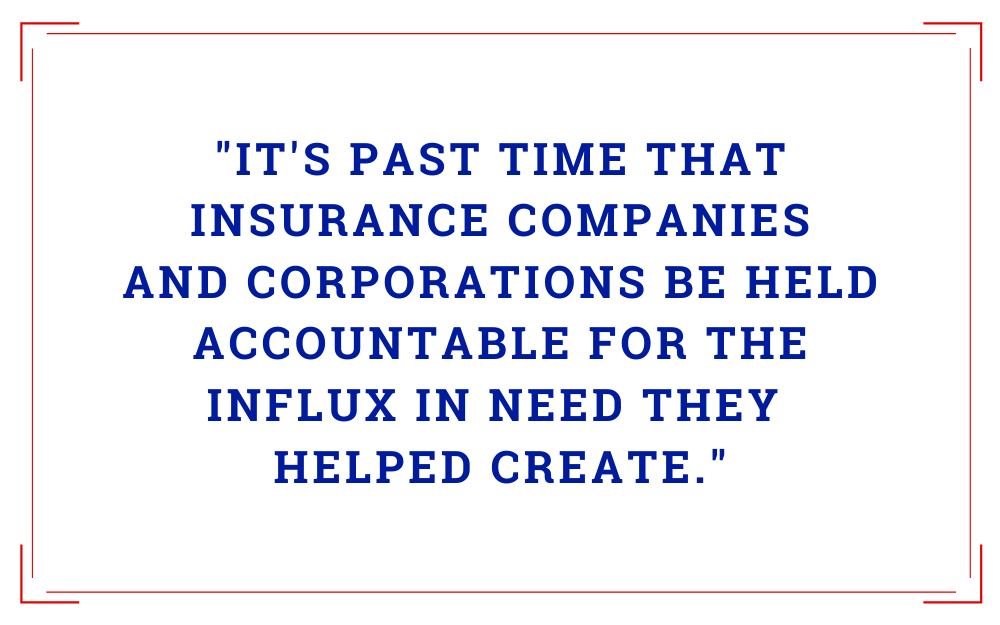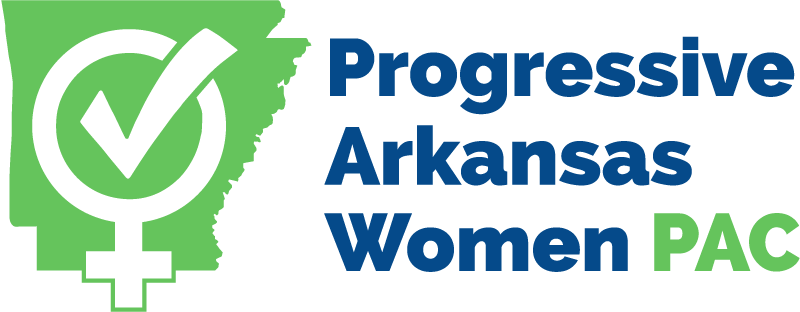
These past weeks have been challenging for everyone worldwide. Every day we face more and more people being laid off. Every day we’re asking frontline workers to sacrifice themselves while lacking the supplies they need to stay safe as they care for us. It’s been a relief to see our state and national legislators put aside politics and place the needs of our communities first. We’re all navigating a new normal, trying to keep up with moment-to-moment changes, and frustrated by a finite amount of resources and too many conflicting opinions about what course COVID-19 will take when we want and need solid facts.
As a mental health provider in Northwest Arkansas (NWA), one solid fact I know is that more and more people in NWA are seeking help for their mental health issues. I have been pleasantly surprised and pleased at how Arkansans have turned to mental health resources during these trying times. My colleagues and I are doing our best to calm the panic and fear that people rightfully feel. Yet, mental health providers have been forced to fight with insurance companies to allow providers to provide therapy to our patients using virtual platforms, which is the safest way to see patients. Transitioning to telehealth services—virtual, audio, and video—to be able to treat patients during a time when people must be six feet apart and stay home in order to help reduce the spread of COVID-19 has been a challenge.
Mental health providers have been forced to fight with insurance companies to allow providers to provide therapy to our patients using virtual platforms, which is the safest way to see patients.
Even though we must flatten the COVID-19 curve, providers have to continue to treat people facing mental health challenges like PTSD, addiction, anxiety, depression, and thoughts of suicide. These problems don’t stop because there is a nationwide crisis; in fact, as unemployment soars, so do the number of deaths by suicide. Social distancing—not being able to be with friends and family—can make these conditions even worse. Researchers are warning that we should prepare for long-lasting emotional trauma on a global scale. Our communities need to be able to have access to mental health resources in order to bring some semblance of peace during a frightening time.
Though most major insurance companies have now expanded benefits temporarily in order to allow for telehealth sessions, they have also cut the fees they pay mental health providers for these sessions. This is just one of so many gaps in our healthcare industry exposed by our current crisis. It is unacceptable that insurance companies continue to have too much control over our healthcare system. Insurance companies are forcing providers to absorb losses by reducing their normal reimbursement rates. Insurance companies have waived co-pays from patients but are making providers absorb these losses. People are in crisis; it’s unwarranted for insurance companies to still look to profit over people as caregivers try to grapple with debilitating psychological disorders, maintain offices, pay bills, and keep people employed.
People are in crisis; it’s unwarranted for insurance companies to still look to profit over people as caregivers try to grapple with debilitating psychological disorders, maintain offices, pay bills, and keep people employed.
During a time when we are seeing insufficient and delayed federal relief, it’s past time that insurance companies and corporations be held accountable for the influx in need they helped create. I know that we are seeing our community step up for one another in a big way, but as we expect everyone to do their part. Insurance companies are no exception. Governor Hutchinson and many of our own state legislators have recognized the need for telehealth parity and asked for insurance companies to provide for it as quickly as possible.
Please contact Governor Hutchinson and your state legislators. Tell them you support mental telehealth parity for mental healthcare providers.
Daisy Bonilla (She/Hers/Ella) is a Licensed Clinical Social Worker and the Democratic candidate for state representative for District 93.
